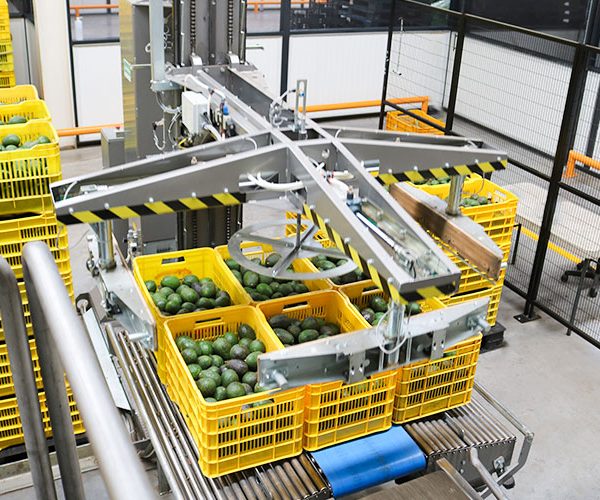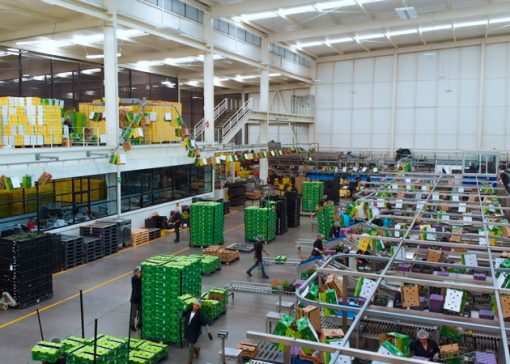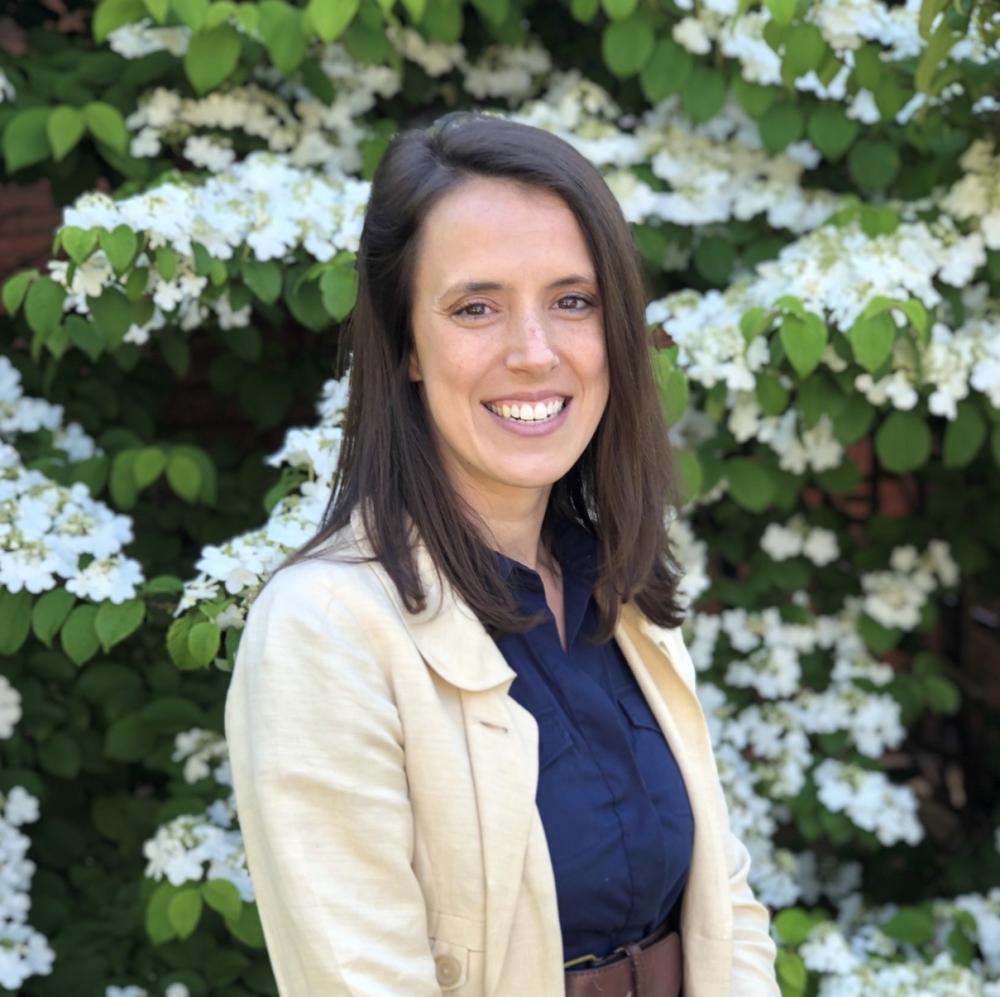
(Image: JackF/Adobe Stock)
The growing popularity of avocados in the United States has created an economic boom across all parts of the fruit's value chain. In fact, imports of Mexican avocados added over $6 billion in gross domestic product to the U.S. economy in 2022 alone, according to a recent report. The avocado industry in Mexico also supports approximately 78,000 direct and permanent jobs and more than 300,000 indirect and seasonal jobs.
While farm workers play a crucial role in the avocado's journey from orchard to table, thousands of buyers, packers, marketers and logistics professionals are just as critical to the industry’s growing success.
The farm-to-table journey
For Ricardo Vega, avocados are a piece of home. He comes from a family of avocado growers in Michoacán, Mexico, the center of global avocado production. His father started one of the first commercial avocado orchards in Michoacán in the 1960s, complete with a packing house and distribution center.
Vega followed in his father’s footsteps and built a thriving distribution center in the heart of the world’s largest avocado growing region. “I am fortunate,” Vega said. “The vast majority of avocado growers don’t get to see where their product goes after the packing house. For me, it is amazing to see the products we grow go from the orchard all the way to the stores and to the consumers.”
The journey starts in Michoacán’s orchards. “We have a team of buyers who visit orchards to select the fruit with the best quality,” Vega explained. After the buyers make their picks—all while the avocados are still on trees—a picking crew harvests each batch and transfers them to the packing house.
“We work hard to avoid waste from the moment of harvest,” Vega continued. “You cannot export fruit that touches the ground, because there is the risk of dents and contamination. We process 500 tons of avocados per week. If even 5 percent of that fruit touched the ground, we could be wasting [approximately] $30,000 of avocados.”
Once the avocados arrive at the packing house, they are cleaned, disinfected and inspected by United States Department of Agriculture (USDA) officials. The avocados are then graded by size and quality before being stored in a cold, climate-controlled space. There, they await transport and distribution. “Everything is selected and packed by hand,” Vega said. “It’s an artisanal process.”

Growing healthy avocados for a healthy planet
Improving operational sustainability is critical for all parts of the avocado industry’s supply chain. Vega’s company has implemented several sustainable practices, such as using recycled packaging and disinfecting produce with UV lights to reduce water use. His packing house is also zero-emissions and utilizes solar arrays and energy-efficient equipment, Vega said. “We know we have to keep working on issues such as forest management, water and climate change so we can keep growing avocados sustainably in the long run,” Vega shared.
Food loss and waste accounts for approximately 6 percent of total greenhouse gas emissions globally, which is why finding innovative solutions is key for any company in the food sector. “Each company has its own strategies to avoid waste,” Vega explained. “However, we have implemented a very strict process of controls from the orchard to the transportation to avoid loss.” While there is some food loss in the packing house, his team utilizes the waste to make compost for the orchards and avocado oil for the beauty industry, he said.

Community impact
Vega counts the continued development of the avocado industry and the growth of both his company and community as his most important measures of success. “Twenty-five years ago, the price for 1 kilo of avocados was 15 cents. Now, it is $1.50 to $2. This has grown our community life in a way that can’t be quantified,” he said.
The economic boom has allowed Vega to invest in his employees and the broader community. That includes providing benefits for employees who stay with the company over the long-term. When employees have been with the company for more than eight years, they are eligible to participate in a program that covers the costs of home improvements. The company also provides scholarships to elementary and middle-school students, as well as supports a home for senior citizens.
“Since Michoacán has been able to export avocados to the world, it has drastically changed the quality of life in Michoacán and in avocado-growing communities,” Vega said. He noted that 25 years ago, Michoacán was one of the top three Mexican states sending migrants to the U.S., but job opportunities and an increasing quality of life has allowed residents to stay.
“People have opportunities now in the avocado industry. They don’t migrate for work in other places. It is noticeable in our community, and in our quality of life, even if it is not measurable.”
While Vega followed his father into the avocado sector, he is now passing his love for the business to his son. “I have been in this line of work since it started, and now my son is a part of the family business as the third generation of avocado growers and packers in our family,” Vega reflected. “For us, in this industry, every day is different, but that’s what makes it fun.”
This article series is sponsored by the Avocado Institute of Mexico and produced by the TriplePundit editorial team.

Mary Riddle is the director of sustainability consulting services for Obata. As a former farmer and farm educator, she is passionate about regenerative agriculture and sustainable food systems. She is currently based in Florence, Italy.














